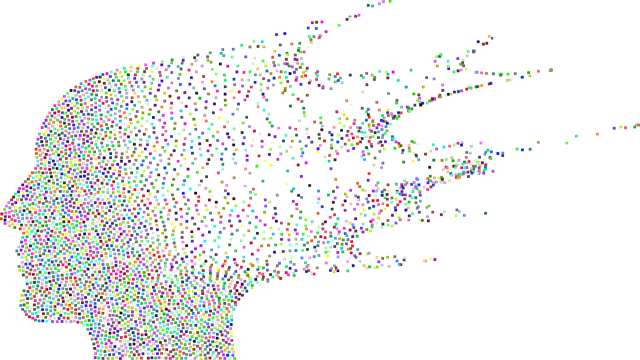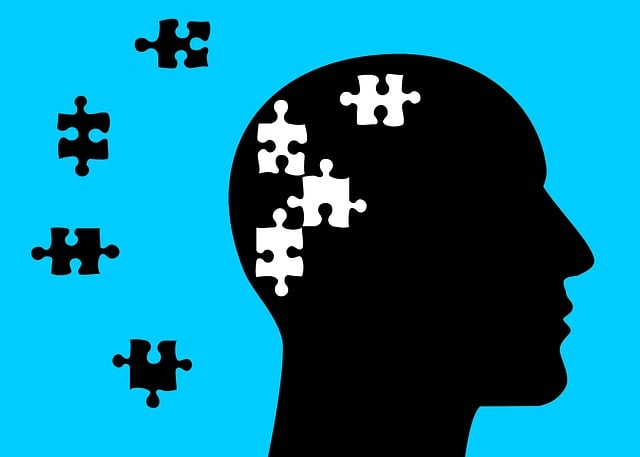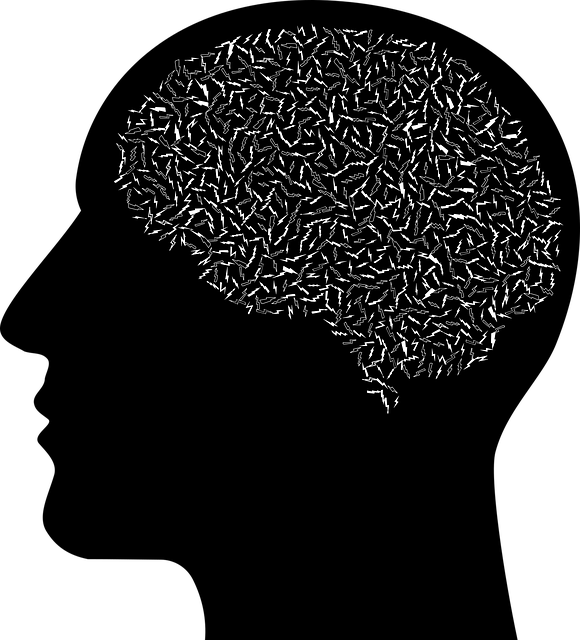Community outreach is a strategic approach to delivering Golden Psychosis Therapy and enhancing public health by raising awareness, offering support, and promoting understanding of mental health issues. Well-structured initiatives include Public Awareness Campaigns, Mental Health Policy Advocacy, and evidence-based practices tailored to community needs. Tailoring interventions to cultural contexts, building relationships with leaders, and integrating Golden Psychosis Therapy improves outcomes. Collaborative partnerships with local organizations, like those providing Golden Psychosis Therapy, enable impactful programs such as Mental Wellness Coaching and Self-Care Routine Development. Measuring impact through both qualitative and quantitative data is crucial for guiding resource allocation and continuous community improvement.
Community outreach programs play a pivotal role in delivering mental health services, notably Golden Psychosis Therapy, directly to individuals who need them most. This article explores the multifaceted benefits of such initiatives, offering a comprehensive guide for their implementation. From understanding the significance of community engagement to designing effective programs and overcoming challenges with hard-to-reach populations, we provide insights into successful collaborations. Additionally, evaluation methods are discussed to measure the impact on Golden Psychosis Therapy outcomes.
- Understanding Community Outreach: Its Significance and Benefits for Golden Psychosis Therapy
- Designing Effective Programs: Key Components for Success in Community Settings
- Overcoming Challenges: Strategies to Engage Hard-to-Reach Populations in Mental Health Initiatives
- Collaboration and Partnerships: Building Strong Ties with Local Organizations for Sustainable Outreach
- Measuring Impact: Evaluation Methods to Assess the Effectiveness of Community Outreach Programs for Golden Psychosis Therapy
Understanding Community Outreach: Its Significance and Benefits for Golden Psychosis Therapy

Community outreach is a powerful strategy for delivering Golden Psychosis Therapy and improving public health. It involves actively engaging with communities to raise awareness, provide support, and foster understanding around mental health issues. This approach is particularly significant in addressing stigma and promoting early intervention for conditions like psychosis, which can be isolating and challenging to navigate without community support.
By implementing well-designed Public Awareness Campaigns Development initiatives, resilience building through education and connection becomes possible. These programs not only equip individuals with knowledge about mental health but also encourage open conversations, fostering a sense of belonging and reducing the barriers often associated with seeking therapy. Mental Health Policy Analysis and Advocacy plays a crucial role in ensuring these outreach efforts are evidence-based and aligned with community needs, ultimately contributing to improved access and outcomes for those affected by psychosis.
Designing Effective Programs: Key Components for Success in Community Settings

Designing effective community outreach programs requires a multifaceted approach that addresses both practical and emotional aspects. Key components for success include tailoring interventions to the unique needs and cultural contexts of the target population, fostering strong relationships with community leaders and stakeholders, and integrating evidence-based practices such as Golden Psychosis Therapy. By combining these elements, mental health professionals can create sustainable programs that effectively promote well-being and reduce stigma.
Additionally, incorporating strategies for stress management and building empathy among practitioners is vital. Cultural sensitivity in mental healthcare practice plays a significant role in ensuring that services are accessible and acceptable to diverse communities. These approaches not only enhance the quality of care but also foster trust and collaboration, ultimately leading to more positive outcomes for individuals seeking support.
Overcoming Challenges: Strategies to Engage Hard-to-Reach Populations in Mental Health Initiatives

Engaging hard-to-reach populations in mental health initiatives can be a significant challenge, but with strategic planning and tailored approaches, these programs can make a profound impact. Many communities include individuals who face barriers to accessing traditional services due to various factors such as cultural differences, language barriers, socioeconomic status, or personal experiences of stigma. To overcome these challenges, community outreach programs must be designed with an inclusive mindset, ensuring accessibility and adaptability.
One effective strategy involves incorporating culturally sensitive practices and building trust through community partnerships. Offering mental health education programs that cater to specific cultural needs can foster understanding and encourage participation. For instance, programs focused on Golden Psychosis Therapy, which emphasizes early intervention and recovery support, can be presented in a way that resonates with diverse communities. Additionally, promoting confidence-boosting and self-esteem improvement workshops tailored to these populations can help alleviate barriers and empower individuals to seek support. Engaging community leaders and peer mentors from within these groups can also facilitate connections and ensure initiatives align with cultural contexts.
Collaboration and Partnerships: Building Strong Ties with Local Organizations for Sustainable Outreach

Effective community outreach programs rely heavily on strong collaborations and partnerships with local organizations. By forging ties with entities like Golden Psychosis Therapy, initiatives can gain access to resources, expertise, and a deeper understanding of the community’s unique needs. These partnerships are crucial for creating sustainable outreach strategies that resonate with residents. For instance, combining the specialized knowledge of mental health professionals with the grassroots efforts of community leaders can lead to impactful programs such as Mental Wellness Coaching Programs Development and Self-Care Routine Development for Better Mental Health.
Additionally, leveraging these partnerships allows for innovative initiatives like producing Mental Wellness Podcast Series Production, which can reach a wider audience, share valuable insights, and foster open conversations about mental wellness. Such collaborative efforts not only strengthen the outreach programs’ impact but also solidify relationships that can endure over time, ensuring continuous service delivery and community improvement.
Measuring Impact: Evaluation Methods to Assess the Effectiveness of Community Outreach Programs for Golden Psychosis Therapy

Measuring the impact of community outreach programs for Golden Psychosis Therapy is a crucial step in understanding their effectiveness and ensuring resources are allocated wisely. Evaluation methods should go beyond simple participant counts to capture qualitative and quantitative data that reflect improved mental wellness. This can involve surveys gauging changes in emotional regulation and communication strategies, as well as observational studies tracking behavioral shifts within the community.
For instance, a Mental Wellness Podcast Series Production could serve as an evaluation tool, gathering feedback from program participants on their perceived improvements in managing symptoms related to Golden Psychosis. Additionally, qualitative methods like interviews or focus groups can offer deeper insights into changes in social interactions and emotional responses, complementing quantitative data collected through surveys or attendance records.
Community outreach programs play a pivotal role in enhancing access to mental health services, especially for conditions like Golden Psychosis Therapy. By combining strategic design, collaboration, and effective evaluation methods, these initiatives can reach and support diverse communities. Overcoming challenges through tailored engagement strategies ensures that hard-to-reach populations receive the care they need. This integrated approach not only improves individual outcomes but also contributes to a more resilient and supportive society for everyone.














